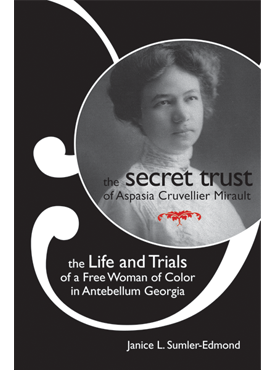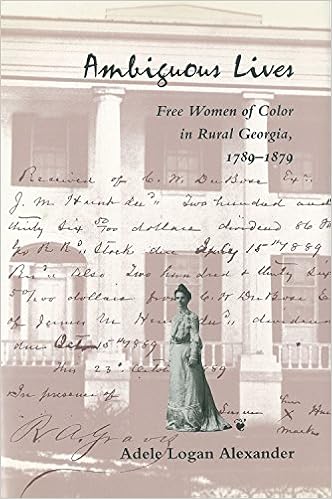From Slavery to Wealth: The Life of Scott Bond
University of Arkansas Press
February 2008 (Originally Published: 1917)
336 pages
6 x 9; 72 photographs and index
ISBN 13: 978-0-9768007-6-7 ISBN 10: 0-9768007-6-4
Dan. A. (Daniel Arthur) Rudd (1854-1933)
Theo. (Theophilus) Bond
Edited with a new Preface and Introduction by
Willard B. Gatewood, Alumni Distinguished Professor of History Emeritus
University of Arkansas, Fayetteville

In an era in which African Americans were oppressed and deprived of many of the rights and privileges of citizenship, Scott Bond rose from being born a slave in Madison County, Mississippi, in the early 1850s to wealth and status as a farmer, merchant, and business entrepreneur in Madison, Arkansas, by the early 1900s. From Slavery to Wealth is the story of an extraordinary individual widely known and respected at the time of its first publication in 1917, for his integrity, prodigious energy, and strong work ethic. Throughout his career he never wearied of imploring African Americans to seize the opportunities offered them in the South in general and in the Arkansas Delta in particular. Scott Bond enjoyed an enviable reputation among blacks as well as whites. This reputation ultimately extended far beyond his local community to prominent blacks throughout the South and elsewhere, especially after he gained wider exposure as a conspicuous figure in the National Negro Business League in the early years of the twentieth century.
With this 2008 reprint edition, the current generation can be inspired by the man who has been referred to as the black John D. Rockefeller of Arkansas.
Read the entire book (From Slavery to Wealth. The Life of Scott Bond. The Rewards of Honesty, Industry, Economy and Perseverance) via “Documenting the American South” here.
Scott Bond was born in the early 1850s to an enslaved mother named Ann who worked in the Maben-Bond household near Canton, Mississippi. His father was the nephew of a white slave-owner to whom Bond’s mother had temporarily been hired out as a domestic servant. Just prior to the outbreak of the Civil War, Bond and his mother were moved to Arkansas, along with his step-father, William Bond, and the rest of the Maben-Bond family’s slaves. After Emancipation, Bond lived with his step-father until age twenty-two, when he “undertook to vouch for himself” and began work on his lifelong goal of becoming a successful businessman (p. 37). Bond accomplished this goal. At the time of his death he owned and farmed 12,000 acres, while also raising livestock and operating a large mercantile store, at least five cotton gins, a gravel pit, a lumber yard, and a saw mill. A member of the National Negro Business League, Bond supported the efforts of Booker T. Washington, whose philosophies regarding the social advancement of African Americans through economic and agricultural success mirrored Bond’s own. In 1877, he married Magnolia Nash, with whom he had eleven sons. Bond was killed in March 1933 by one of his registered bulls. According to his son, Ulysses, he “went down swinging and died among the things he loved” (p. 152)…
Read the entire summary here.






